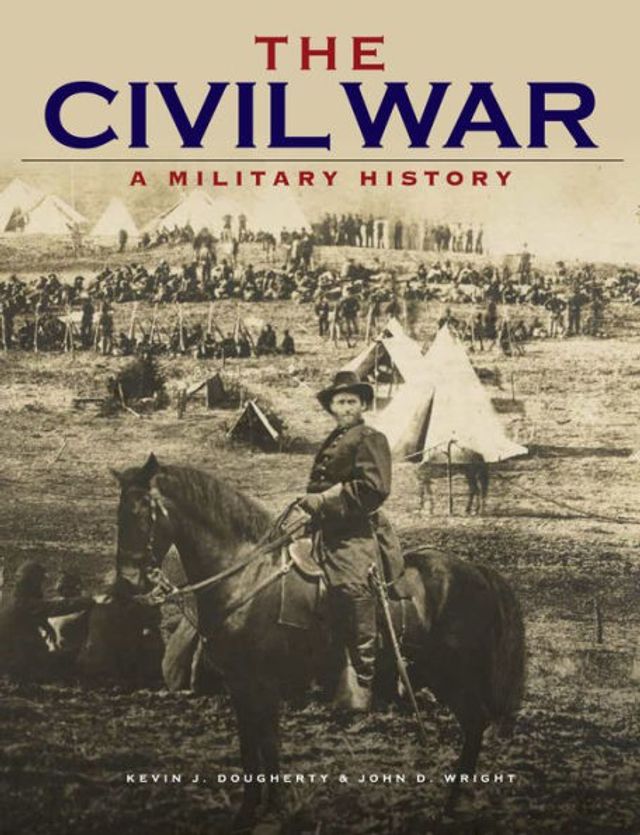Home
Civil War Arkansas, 1863: The Battle for a State
Barnes and Noble
Civil War Arkansas, 1863: The Battle for a State
Current price: $21.95


Barnes and Noble
Civil War Arkansas, 1863: The Battle for a State
Current price: $21.95
Size: Paperback
Loading Inventory...
*Product information may vary - to confirm product availability, pricing, shipping and return information please contact Barnes and Noble
The Arkansas River Valley is one of the most fertile regions in the South. During the Civil War, the river also served as a vital artery for moving troops and supplies. In 1863 the battle to wrest control of the valley was, in effect, a battle for the state itself. In spite of its importance, however, this campaign is often overshadowed by the siege of Vicksburg. Now Mark K. Christ offers the first detailed military assessment of parallel events in Arkansas, describing their consequences for both Union and Confederate powers.
Christ analyzes the campaign from military and political perspectives to show how events in 1863 affected the war on a larger scale. His lively narrative incorporates eyewitness accounts to tell how new Union strategy in the Trans-Mississippi theater enabled the capture of Little Rock, taking the state out of Confederate control for the rest of the war. He draws on rarely used primary sources to describe key engagements at the tactical level—particularly the battles at Arkansas Post, Helena, and Pine Bluff, which cumulatively marked a major turning point in the Trans-Mississippi.
In addition to soldiers’ letters and diaries, Christ weaves civilian voices into the story—especially those of women who had to deal with their altered fortunes—and so fleshes out the human dimensions of the struggle. Extensively researched and compellingly told, Christ’s account demonstrates the war’s impact on Arkansas and fills a void in Civil War studies.
Christ analyzes the campaign from military and political perspectives to show how events in 1863 affected the war on a larger scale. His lively narrative incorporates eyewitness accounts to tell how new Union strategy in the Trans-Mississippi theater enabled the capture of Little Rock, taking the state out of Confederate control for the rest of the war. He draws on rarely used primary sources to describe key engagements at the tactical level—particularly the battles at Arkansas Post, Helena, and Pine Bluff, which cumulatively marked a major turning point in the Trans-Mississippi.
In addition to soldiers’ letters and diaries, Christ weaves civilian voices into the story—especially those of women who had to deal with their altered fortunes—and so fleshes out the human dimensions of the struggle. Extensively researched and compellingly told, Christ’s account demonstrates the war’s impact on Arkansas and fills a void in Civil War studies.



![American Civil War [2 volumes]: A State-by-State Encyclopedia](https://prodimage.images-bn.com/pimages/9781598845280_p0_v4_s600x595.jpg)














